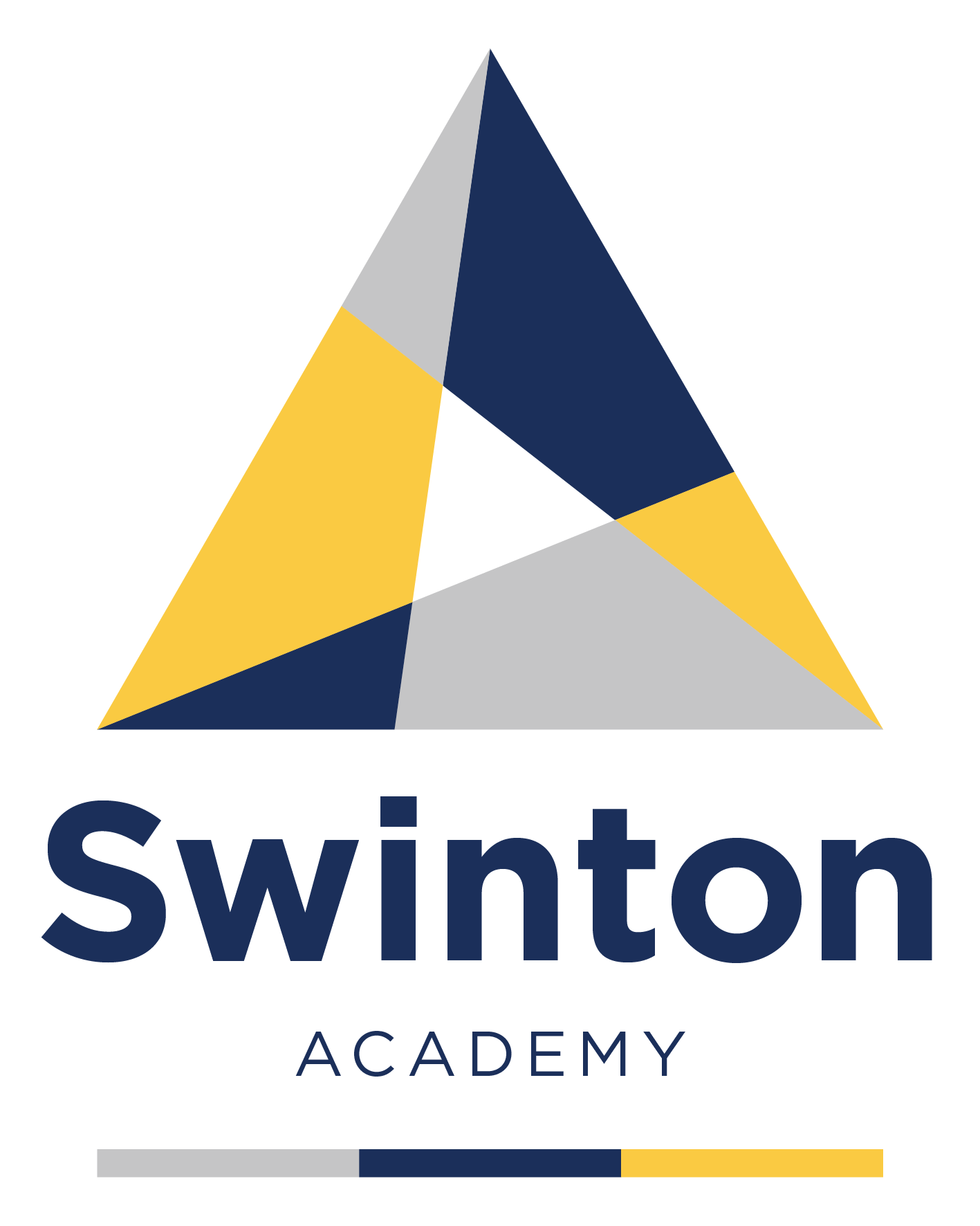Science
Science – Curriculum Intent and Implementation
The intent of our Science curriculum at Swinton Academy is to develop science learners who:
· are passionate scientists;
· are resilient, independent learners;
· are developing their scientific knowledge and conceptual understanding through the specific disciplines of biology, chemistry and physics;
· use different types of scientific enquiry to answer scientific questions about the world around them;
· use technical terminology with confidence, accuracy and precision, building up an extended specialist vocabulary;
· can apply their mathematical knowledge to their understanding of science, including collecting, presenting and analysing data;
· have an awareness of some of the social and economic implications of science;
· are able to progress readily to the next stage of their science learning; be that at GCSE, Post 16 or higher education level;
· are proud of their scientific achievements;
The intent of our curriculum is implemented through:
· an awareness of students’ KS2 Science experience and use of diagnostic tools to determine prior learning around the ‘big ideas’ in science;
· a carefully sequenced curriculum which builds on prior knowledge and skills
· schemes of work which promote challenge for all learners and provide scaffolded learning experiences to support all students to achieve their personal best when moving through the key stages from Key Stage 2 to 5.
· the expectation that students will use technical terminology in both spoken and written form routinely in lessons;
· building on prior conceptual knowledge across the ‘big ideas’ and making links across these to deepen understanding;
· identifying and addressing misconceptions;
· using a range of models of key concepts and phenomena;
· practical investigations to develop students ability to work scientifically;
· developing mathematical skills and applying to their understanding of science
· the routine expectation that students will show resilience in each and every lesson and are supported in this through independent learning resources;
· the selection of contexts which relate to young peoples’ lives and wellbeing;
· ensuring that each year group has at least one opportunity to participate in an on off-site learning experience which enhances their science learning experience;
· a reflective approach to the continuing professional development of Science teachers (an ‘open classroom’ policy, collaborative planning, a teaching and learning focus to all faculty CPD).

